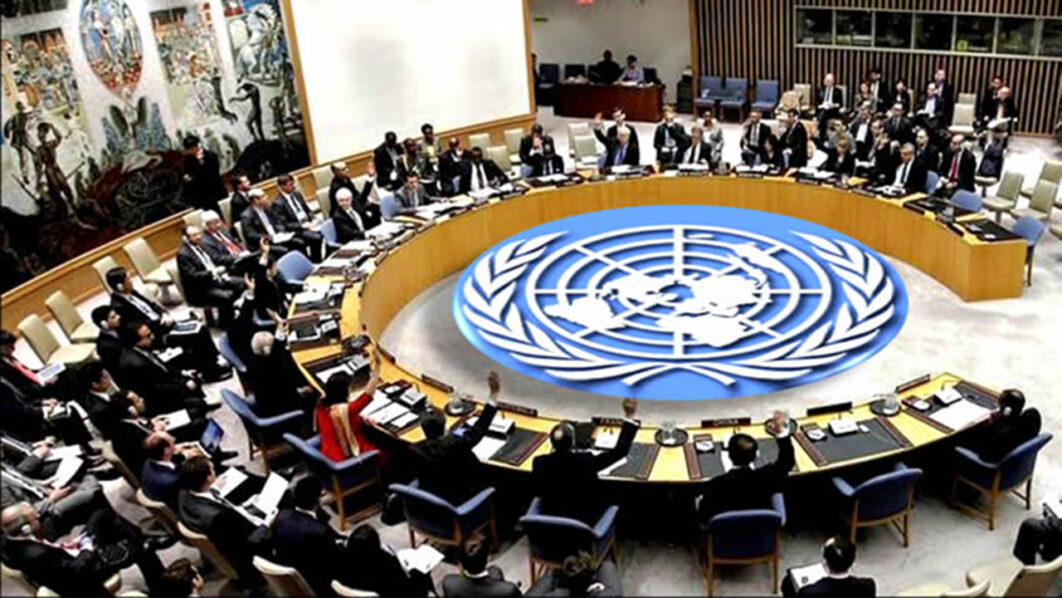
The recent proposal by the U.S. ambassador to the UN, Linda Thomas-Greenfield, supporting two permanent African seats on the UN Security Council and another for small island Latin American/Caribbean states, has been treated as some sort of stunning revelation. However, U.S. president, Joe Biden, had made exactly the same suggestion two years ago at the UN General Assembly. The African-American ambassador was thus simply restating established U.S. policy, not unveiling the Holy Grail.
Thomas-Greenfield had earlier ruffled diplomatic feathers in her patronising and threatening warnings to take unspecified “action” against African governments if they breached U.S. – not UN – sanctions on Ukraine. She also berated 17 African diplomats who had abstained on a vote to condemn Russia on Ukraine in March 2022, cautioning them like a hectoring headmistress that “there is no neutral ground here.” Despite Russia’s clear violation of the UN Charter, many pointed to the rank hypocrisy of the representative of a government that had launched an illegal invasion into Iraq in 2003 without UN authorisation and on spurious grounds of seeking to remove non-existent weapons of mass destruction.
The East African more recently reported another rather eccentric intervention by former Kenyan ambassador to the UN, Martin Kimani, warning Africans that a permanent Security Council seat would “not be a charitable donation” and questioning whether any African countries could bear the financial burden.
But with Africa constituting 28 per cent of the UN’s membership, it is widely acknowledged – including in the Pact of the Future agreed this month by global leaders in New York – that this is a historical injustice that must be urgently corrected. 40 per cent of UN peacekeepers today are African, and countries like Nigeria, Ghana, South Africa, Ethiopia, Uganda, and Kenya have all sacrificed blood and treasure for regional and UN peacekeeping. Funding at the UN is also based on a country’s GDP, and permanent membership would thus not involve the world body increasing the existing bill of new members.
As Kenya’s UN Ambassador, Kimani had earlier made the historically dubious comparison between Russia’s illegal invasion of Ukraine and European imperialism in Africa, missing the crucial context of the four-century European transatlantic slave trade and settlements that had preceded the continent’s colonisation, and exposing the dangers of false historical analogies.
Washington’s refusal to support the use of the veto for new Council members – enjoyed by the U.S., China, Russia, Britain and France – has garnered much attention. However, historical context is also essential here. It was ironically the African Union’s adoption in 2005 of the Ezulwini Consensus – calling for two new veto-wielding permanent and two more non-permanent African seats (beyond the three non-permanent seats Africa already has) – that effectively stalled Council reform. In the end, Nigeria and South Africa – the two leading African candidates – were unable to convince their fellow African delegates to drop their insistence on a veto for new permanent members.
Significantly, the other four most credible prospective candidates at the time – India, Brazil, Japan, and Germany – were prepared to enter the Council without a veto and negotiate these powers from within the UN’s most powerful organ.
The failure to enhance Africa’s voice on the Council is particularly glaring, given that 60 per cent of its resolutions typically focus on the continent in which 80 per cent of its peacekeepers are deployed and where much of its humanitarian work occurs.
Africa must thus continue pragmatically to agitate for a permanent Council seat, as consistently strong African representation on this body would ensure that its views are clearly heard. The consequences of the failure to reform the Council – especially in the interest of African states representing nearly a third of its membership – will result in a continuing loss of legitimacy, and runs the real risk of rendering the Council irrelevant.
Professor Adebajo is a Senior Research Fellow at the University of Pretoria’s Centre for the Advancement of Scholarship in South Africa.






